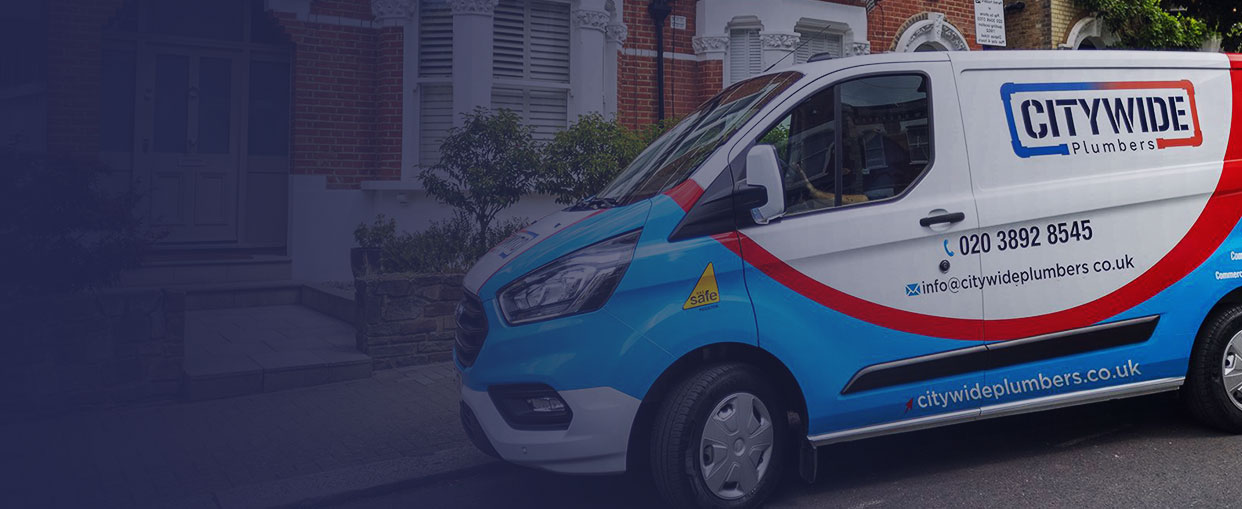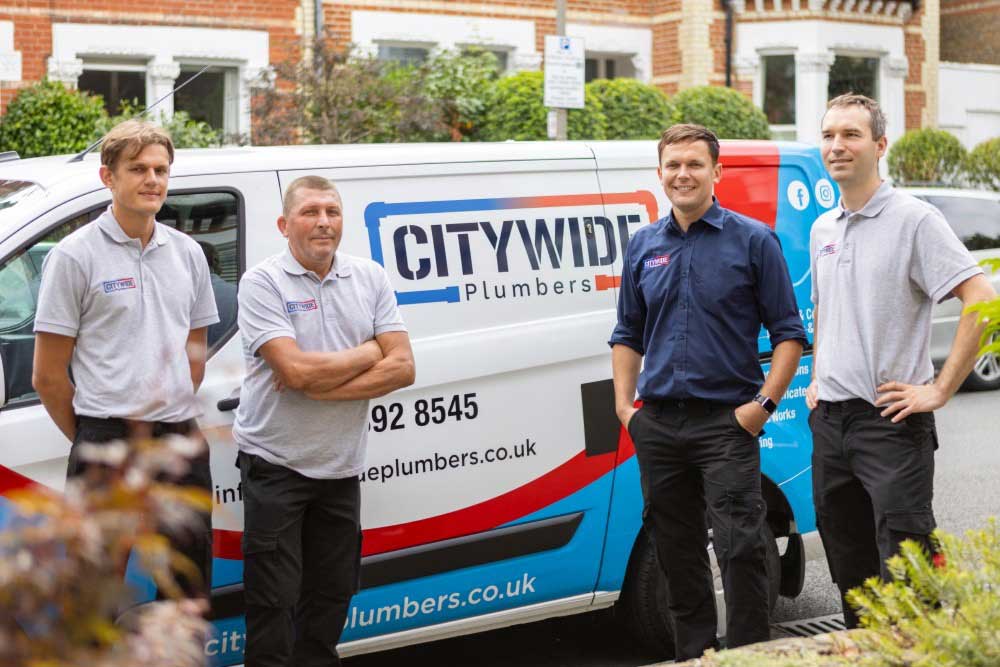15 Money-Saving DIY Plumbing Tips for Fulham Homeowners
Practical advice from trusted local plumbers to reduce repair costs and protect your home
Plumbing problems can quickly become expensive for UK homeowners if left unchecked.
From dripping taps to blocked drains, small issues can quietly increase water bills.
For homeowners and landlords across
Fulham
and West London, having the right DIY knowledge can make a real difference.
At Citywide Plumbers,
our experienced Fulham Plumbers
regularly help local households deal with minor plumbing problems before they become costly.
These practical tips will also help you know when to call professional
Plumbers in Fulham.
📞 Call now for a free consultation: 0203 892 8545
1. Fix Dripping Taps Quickly
A single dripping tap can waste up to 5,500 litres of water every year.
In metered Fulham homes, this can noticeably increase annual water bills.
DIY tip: Replace worn washers or cartridges and test for leaks.

2. Clear Minor Drain Blockages Yourself
Many sink and shower blockages can be cleared using a plunger,
saving unnecessary call-out fees.
DIY tip: Use a cup plunger for sinks and a flange plunger for toilets.

3. Protect Pipes from Freezing
Frozen pipes are a common cause of burst pipes during winter in West London properties.
DIY tip: Insulate exposed pipes in lofts, garages, and cupboards.
4. Stop Running Toilets Early
A running toilet can waste hundreds of litres of water every day if ignored.
DIY tip: Adjust the float or replace worn cistern components.

When Should You Call a Professional?
While DIY maintenance saves money, issues such as burst pipes,
persistent leaks, or sewer problems require expert attention.
Experienced Plumbers in Fulham
use specialist equipment to fix problems safely and permanently.
Why Choose Citywide Plumbers?
Homeowners searching for reliable
Fulham Plumbers
trust Citywide Plumbers for fast response times, honest pricing,
and long-lasting solutions.
📞 Call now for a free consultation: 0203 892 8545